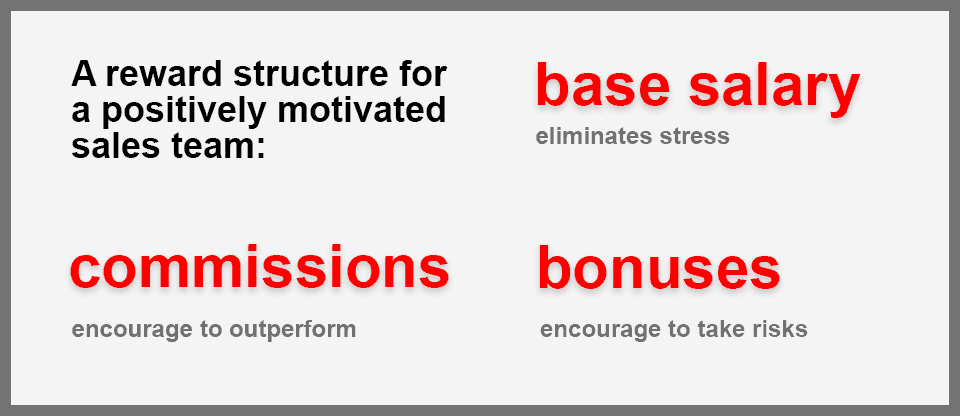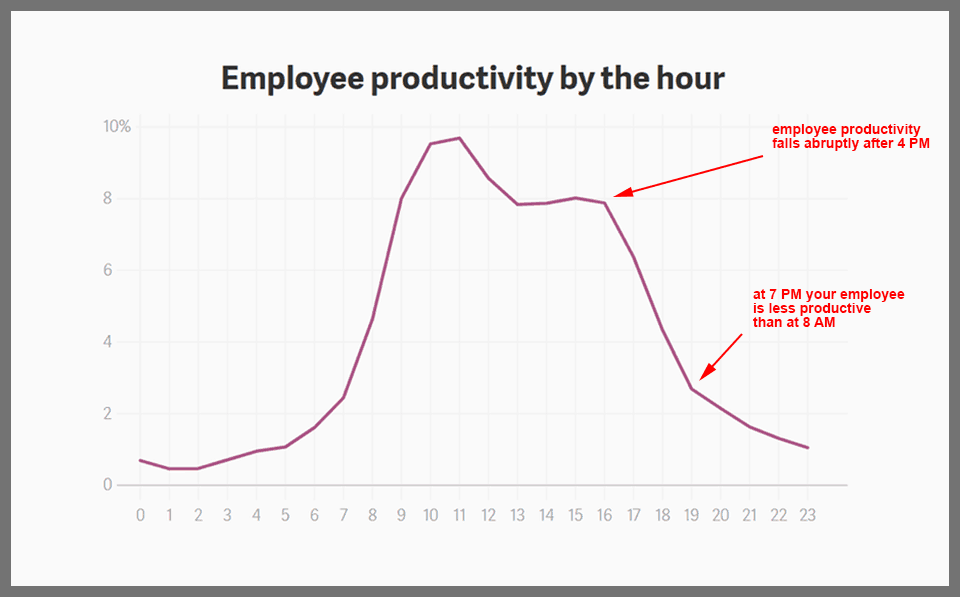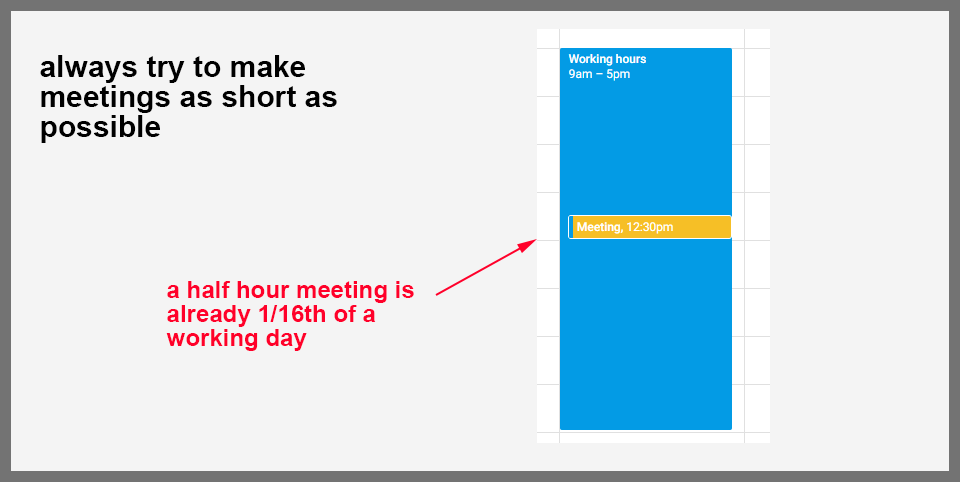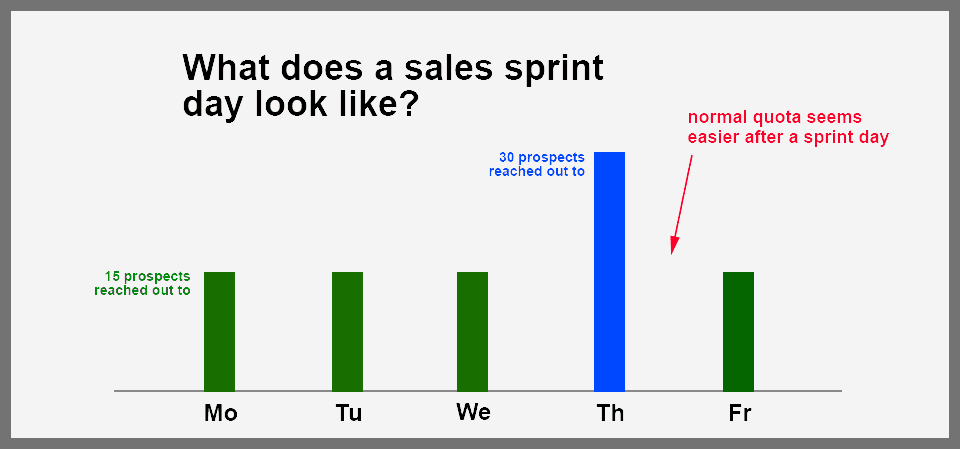
The success of many products rides or dies on how well their sales team is performing. Achieving positive sales motivation is key.
If you don’t cultivate the sales representatives of your company to consistently perform at their best, the growth of your business will suffer.
It takes discipline, effort, and exemplary leadership to help a sales team reach their full potential. Is it hard and does it take a lot of time? You bet. But the outcomes far outweigh any growing pains. A motivated sales team is always ready to take action, try new tactics and outperform their quotas.
Simply put, it’s a force to be reckoned with. So how do you get there?
There is no single blueprint for building a motivated sales team because each company has its own culture and its own challenges to overcome. But thankfully, there are practices that will help anyone in a leadership role build an empowered, healthy and productive sales team.
These sales motivation secrets will significantly increase your sales in the long run. But don’t approach them as shortcuts — they are more like waypoints on the long road ahead.
Secret #1 — Approach your rewards system with your sales teams’ best interest at heart
Traditionally, sales performance is rewarded with commissions, bonuses or both.
This is the obvious one – members of a sales team will strive to achieve the best results when they know that each sale directly impacts their financial well-being.
But before we talk more about rewards systems, let’s get one thing out of the way. Your first step at achieving positive sales motivation is making sure that each member of the team receives a healthy base salary.
The amount of money they receive for simply showing up should be enough for their basic needs and lifestyle they keep. Not offering a respectable base salary and relying on commissions alone as a way of rewarding your employees will only attract unnecessary stress to the work environment.

On the other hand, commissions in addition to a base salary allow your sales reps to feel confident that they are fully compensated for the job they do but also strive to get more sales in order to earn more.
(The percentage of a reasonable sales commission varies depending on the industry, so research it a bit before implementing. For example, HubSpot recommends a top-performer commission that equals a base salary of your sales member.)
Here’s another important thing: bonuses should be separate from commissions. They are reserved for significant achievements, like outperforming a sales quota or bringing a particularly worthy customer on board.
The reward structure of base salary + commission + bonuses is a very powerful incentive.
It allows your sales team to feel confident that their effort is being recognized (base salary), aim to routinely perform over their sales quota (commission), and take risks and think outside the box (bonuses).
Secret #2 — Regular overtime means fewer sales
Do you believe that working 14-hour long shifts is good for your business? Because it’s not.
If you expect your sales team to stay late at night working, don’t take-off for the weekend and miss holidays to bring more sales for your company, you’ll be disappointed with the results.
In the short term, such an approach may boost your sales. But it’s unsustainable in the long run.
Members of your team will feel burned out and stressed, they will quickly grow to hate the product they’re selling — and this will translate to fewer sales.
So what should you do instead? Strive to build a healthy working environment and don’t expect your employees to stay after their working hours. If they do, make sure to compensate them but also encourage them to go home and rest.
Believing that more hours means more sales is only natural, but it’s a mistake. In late 2017 Quartz reported that productivity of employees peaks at 11 AM each day and falls sharply after 4 PM.

(Source: Atlas)
Keeping your team working late nights won’t make them more productive. What it will do, however, is leave them without any kind of recharge period between work days, and this will negatively impact their performance the next day.
If you feel confident in your sales team and you see that they have no trouble achieving their sales quotas, think about implementing a flexible schedule.
There’s often no reason why your sales team should be working 9 to 5 (especially if they work on inside sales). If someone is making good progress on their sales quota, they should be allowed to leave earlier or come to the office later if needed.
If you feel that a flexible schedule will negatively impact their performance, don’t be afraid. A well-implemented reward system of commissions and bonuses will take care of providing them with enough motivation – and if not, you might need to look at your recruitment process.
Secret #3 — Build effective communications around a clear roadmap
There’s nothing more frustrating than working without a plan. If you want to achieve positive sales motivation in your team, your first step should be expressing a concrete idea of what you’re expecting from them – both in short term and in long term.
Implement clear lines of communications with your team. Organize a separate sales channel in Slack reserved only for sales reps. To make sure that your team is staying on track to achieve your sales goal, start organizing regular meetings.
Make them short but valuable. Implement a calendar for your sales team where they would be able to see all the upcoming meetings, events, and milestones of your product.

Start using tools like Trello or Asana to track tasks and performance of each team member and the overall performance of your team.
Make the results of that performance public to encourage full transparency. Seeing how they’re doing as a team will instantly boost your sales teams’ confidence.
If your company expects a significant change, make it a point to communicate the impact of that change on each member of your sales team individually and ask for their feedback.
Secret #4 — Set achievable goals and design productive sales quotas
Setting a sky-high sales goal may seem like a logical thing to do. If your sales team doesn’t achieve it, you’re still going to receive satisfactory results. And if they do, you’re overperforming. No way to lose, right?
Well, the absence of achievable sales goal eradicates a positive feedback loop that is the centerpiece of positive sales motivation in your team.
If your team consistently underperforms because their sales quotas are too high by design, they will quickly burn out and feel inadequate. And if they learn that the sales quotas are intentionally too high, they won’t feel any obligation to achieve it.
Designing clear, achievable milestones for your sales team should be one of the first steps you take in building positive sales motivation. You can use the rule of 78 to estimate your revenue for a 12-month period and help define your quotas.
If your sales team is new, it’s better to implement a more conservative sales quota that will be easier to achieve. This will boost your sales team’s confidence for the next quarter, where you can adjust the sales quotas with new data in your hands.
And generally, don’t be afraid to adjust your team’s sales goals and schedule a regular checkup on performance to investigate what is going wrong and why.
Secret #5 — Implement sprint days
Generally speaking, stress is a bad sales motivator. Working in a stressful environment makes your sales team underperform because they will quickly burn out, associate their job with feeling bad and struggle to make any effort at selling your product.
So, stress is bad.
Unless it’s a controlled stress.

Implementing sprint days in your sales strategy can be a great way to encourage your sales reps to overperform and try new tactics in a safe environment.
For example, try scheduling a monthly challenge day. Design a particularly hard sales quota for that day and push your sales reps to produce on that challenging task.
Make sure to express that their performance for that day won’t impact their general report if they don’t deliver. And if they succeed at tackling your challenge? Reward them with a generous bonus!
Secret #6 — Streamline the number of tools your team is using
You won’t get far if you’re trying to implement a new tool each month in your sales team’s workflow. Constant changes will only lose productivity.
Instead, aim at choosing a set number of tools to use and stick to them for the long haul. This will allow your sales team to adjust to the tools they use and use them to their full potential.
For example, LinkedIn Sales Navigator is amazing for finding people who fit your ideal buyer profile, assessing market opportunities, building a database of leads for future use and searching for high-growth companies.

In tandem with LeadGibbon, Sales Navigator becomes a powerhouse for prospecting, allowing you to find the right leads and instantly export their emails to a spreadsheet on Google Drive.
This basically eradicates the need for 3-4 separate tools you’d need to achieve the same result otherwise. Strive for a similar approach with all the other sales tools your team is using.
Secret #7 — Provide straightforward, honest feedback
If you see that your sales team is underperforming, don’t be afraid to talk to them. Providing honest feedback is crucial.
Sales reps are rarely underperforming just because they are lazy. Maybe they don’t have access to the right information and need a nudge in the right direction. Or they need encouragement. There’s also a chance that they feel overworked and need to recharge.
Expressing anger and acting disappointed with their performance will only make them feel resentful and discouraged.
Remember that your sales reps are already punished for their bad performance by the lack of commissions and bonuses (if you hired right). This doesn’t mean that you shouldn’t point out their mistakes and ways to improve.
On the contrary, if you don’t tell your sales rep what they are doing wrong, they will continue to underperform.
This interesting video by Pipeliner CRM recommends dividing your sales team into towarders and awayers. The first seek challenges and are motivated by the promise of more earnings. The second try to eliminate roadblocks before they encounter them, and they are motivated by stricter language.
All in all, recognize that people on your sales team are unique and all of them need individual attention.
Find the right balance of how you’re giving feedback. Don’t be afraid to give it, but make your criticism and suggestions productive, positive and encouraging.
Secret #8 — Make your sales reps know your company
One of the most popular mistakes of various companies is building a sales team that is great at sales… but not at the product they are selling.
No matter the type of company, make sure that your sales reps know how your product works inside and out. It doesn’t matter if it’s a digital service or a physical goods shop.

A good sales rep will be familiar with both the strong and weak points of your company. And that knowledge should be top to bottom. For example, a sales rep who works for a company selling food subscriptions will know how the food is made, where it’s made, how it’s delivered, etc.
This knowledge will help your sales reps sell better. They will be able to leverage the information they learned to present your product in the best possible light.
But what’s probably even more important, is that it will make them feel more confident in their role. Knowing they’ll be able to answer most questions their leads might come up with, your sales reps can feel bolder and more forthright in their responses.
Secret #9 — Believe in your team and don’t micromanage
This one is a given. If you’re hiring somebody for a job, step away a little bit after the initial onboarding. Make it a point to give your sales reps enough space to do things the way they think they should be done.
If you micromanage all their daily tasks and constantly ask them for reports, your sales reps won’t feel trusted. In addition to making them feel stressed, this will become averse to taking any kind of risk.
After a while, they will expect you to make all their decisions for them. And in the long run, your sales goals will suffer.
Conclusions
Of course, these tips are far from the only secrets to building positive motivation in your sales team. But they should be enough to show you if your sales team is going in the right direction.
Have a tip of your own or want to share your experiences on motivating your sales team? Don’t hesitate to share it with us in the comments section below!

Leave a Reply